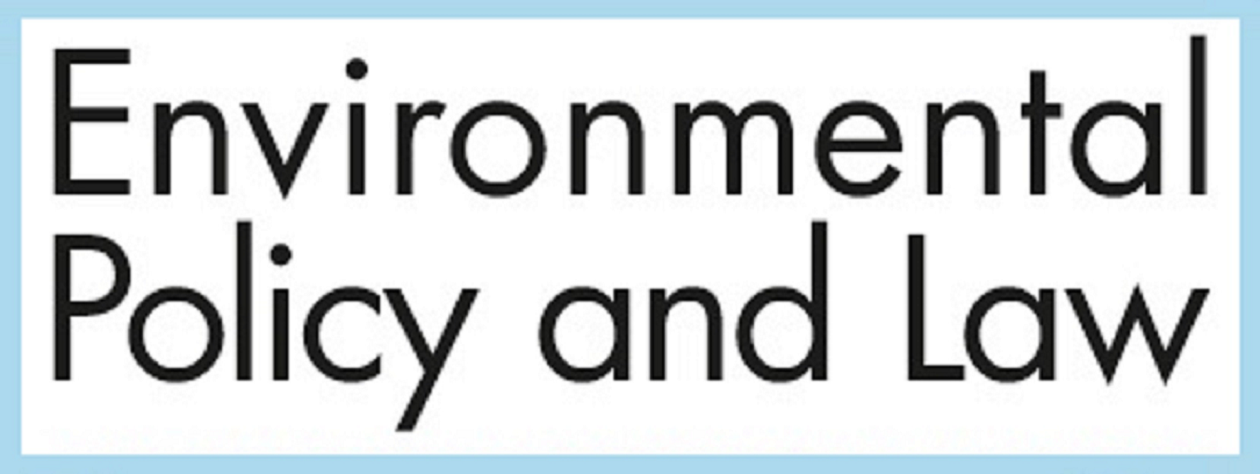Peer Review Policy
Environmental Policy and Law is a peer-reviewed journal. All articles submitted to the journal undergo a double blind peer review process. This means that the names and affiliations of the authors are not communicated to the reviewers, and the reviewers remain anonymous to the authors.
All submitted manuscripts are subject to initial appraisal by the Editor-in-Chief, and, if found suitable for further consideration, to rigorous peer-review by independent, anonymous expert referees. The journal also publishes invited content and these articles will be refereed by the Editors..
Reasons to reject a paper in the pre-screening process could for example be because the work does not fall within the aims and scope, the writing is of poor quality, the instructions to authors were not followed or the presented work is not novel. Important: all articles not created using the journal style templates for LaTeX or MS Word (see author instructions) are desk rejected.
Papers deemed suitable to be reviewed will be assigned a handling editor. The handling editor will then invite reviewers to comment on the work. Typically decisions are based on three reviews, in some circumstances a minimum of two reviews may be deemed sufficient to make a decision on a paper. The Editor-in-Chief strive to ensure a typical turnaround time of 3 months.
Reviewers are asked to judge a paper on at least:
- Originality, novelty and significance of results
- Technical quality of work
- Comprehensibility and presentation of the paper
- Overall impression
Based on the received reviews the handling editor will propose to the Editor-in-Chief a recommendation:
- Accept
- Minor revisions required
- Major revisions required
- Revise and resubmit
- Reject
They mean the following:
- Accept: The manuscript is suitable for publication and only requires minor polishing; thus, no further reviews are requested.
- Minor revisions required: The authors are required to make moderate changes to their manuscript. The manuscript becomes acceptable for publication if the changes proposed by the reviewers and editors are successfully addressed. The revised manuscript will be examined by the Editor-in-Chief and possibly sent back to all (or a selection of) reviewers for a second round of reviews. Authors are requested to provide a letter to the reviewers detailing the improvements made for the resubmission.
- Major revisions required: The manuscript cannot be accepted for publication in its current form. However, a major revision which addresses all issues raised by the reviewers may be acceptable for publication. The revised manuscript will undergo a full second round of review. Authors are requested to provide a letter to the reviewers detailing the improvements made for the resubmission.
- Revise and resubmit: In its current form, the manuscript is not suitable for publication. A resubmission would require substantial revisions and is only encouraged in special cases.
- Reject: The manuscript is rejected as it is deemed to be out of scope, not relevant, or not meeting the journal’s quality standards in terms of significance, novelty, and/or presentation.
Authors are notified by the Editor-in-Chief, whose decision is final.
